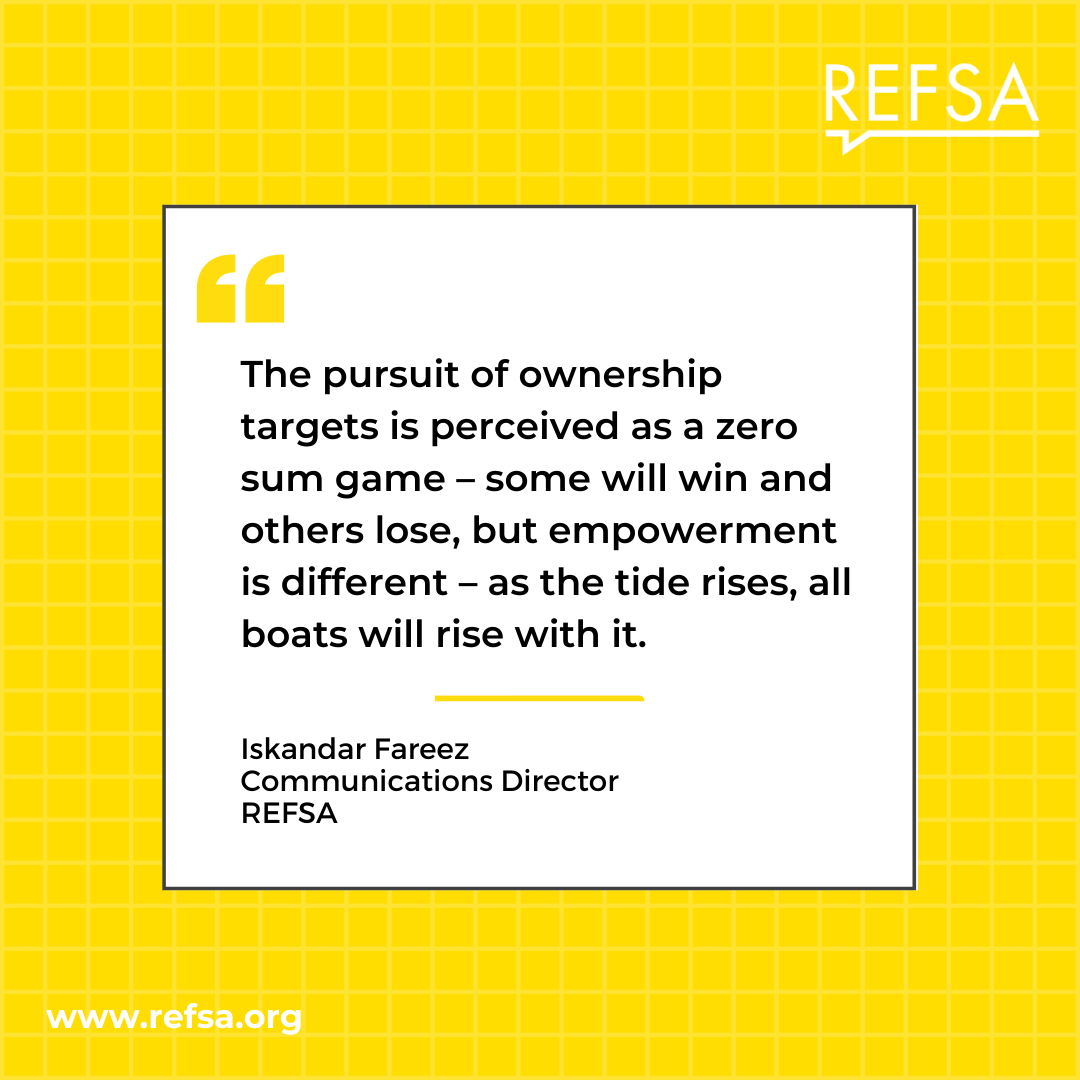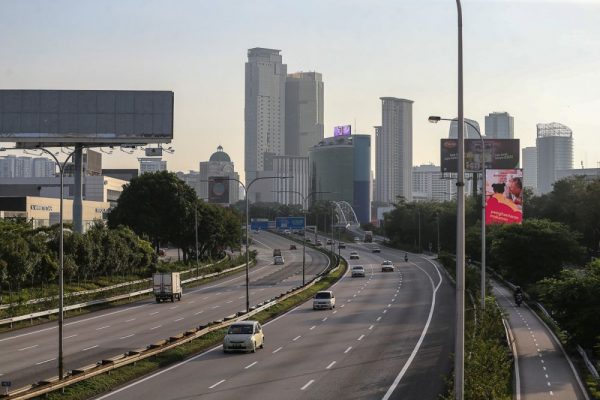Introduction
The New Economic Policy was implemented 50 years ago, in July 1971. The NEP is a social reconstruction and affirmative action program that was crafted following the May 13 1969 racial riots. But did the NEP accomplish what it set out to do? Why has it left such a sour taste in the mouth of many Malaysians? And what should we keep in mind when crafting an economic policy for the future? Joining BFM to discuss are Lee Hwok-Aun of ISEAS-Yusof Ishak Institute and Iskandar Fareez of REFSA.
Summary
The National Economic Policy (NEP) was a set of social reconstruction and affirmative-action policies carried out in Malaysia between 1971 to 1990. Marking its 50th anniversary this year, the NEP has left a deeply-debated legacy where its impacts are still felt in the lived realities of many Malaysians. In an interview with BFM Radio, REFSA Communications Director Iskandar Fareez along with Lee Hwok-Aun of the ISEAS-Yusof Ishak Institute break down the NEP’s key lessons, impacts, and implications for Malaysia’s future.
Essentially, the NEP consists of two major pillars: (1) eradicating poverty and (2) social reengineering. The former focused on improving the basic income and livelihoods of Malaysians irrespective of race. The latter aimed to reduce identification of race with economic function, addressing the high concentration of bumiputeras in jobs in the lower rung in terms of skills and income.
According to Iskandar, the NEP has reduced poverty and created a sizable bumiputera middle class. In a time when Malaysia was facing challenging domestic crises, it served as a compass that guided our nation’s progress. The NEP was supposed to instil the bumiputera population with higher self-esteem and boost the confidence of Malaysians. Then, the NEP paved the way for the VISION2020 ideal which reoriented Malaysia towards global agendas.
While some gains were obtained along the years, unintended consequences arose because the policy was arguably too fixated on bumiputera equity-ownership targets, neglecting the core goals of empowerment and capacity building. Because of this, there was no prospect from the beneficiaries to graduate from their dependency on affirmative action policies.
Furthermore, Iskandar said that the over-focus on equity targets struck an emotive tone because many interpreted owning equity as owning parts of the country. Politicians have capitalised on this to flame voters’ emotion, getting segments of the population riled up and anxious. Emotions grew within the target group due to growing calls by particular segments of the society to abolish the policy. For groups that do not benefit from affirmative action, it became a contentious issue.
Adding on to this, Hwok-Aun noted that there was some progress made in terms of liberalising the policy. He mentioned that some programs that initially started as bumiputera-exclusive like AMANAH Saham and TEKUN micro-financing have been opened up to all Malaysians. He noted that although some interventions can be done through a need-based basis, some (e.g. hiring, enterprise development etc.) do not work in that way. Hence, any revisions or alternatives going forward should be nuanced and consider the overall aim of this intervention.
 According to Iskandar, ownership is perceived as a zero sum game – some will win and others lose, but empowerment is different – as the tide rises, all boats will rise with it.
According to Iskandar, ownership is perceived as a zero sum game – some will win and others lose, but empowerment is different – as the tide rises, all boats will rise with it.
The disproportionate focus on ownership targets perpetuated the narrative that beneficiaries of the policy will never graduate from needing support from the government. Moving forward, Iskandar stressed that any iteration of the policy needs to be built around a national consensus that focuses on the economic security of all Malaysians while empowering disadvantaged groups as a form of economic solidarity.
In terms of addressing economic anxieties, this can take the form of universal interventionist policies like unemployment benefits and minimum wages, that cut across race and ethnicity. This could also placate the acrimony of those who do not benefit from affirmative action policies. In terms of affirmative action, looking at the economic and political realities, it is here to stay. However, the target group should be expanded beyond the original beneficiaries to include other disadvantaged and economic minority groups. The main focus of these policies should be reoriented towards building capability and self-reliance with the goal of graduating from affirmative action.
Given the setting of the current multiple crises, he warned of the trend of rising inequality as the rich have amassed more wealth while others have lost their jobs during this pandemic. The government and the wider society must address this, be it through safeguarding jobs, offering temporary employment for pandemic-management jobs or better social protection. This can only be achieved by having empathy for each and every one, while building a consensus on a way forward that can take care of the interests of all Malaysians.
Produced by: Dashran Yohan
Presented by: Dashran Yohan

